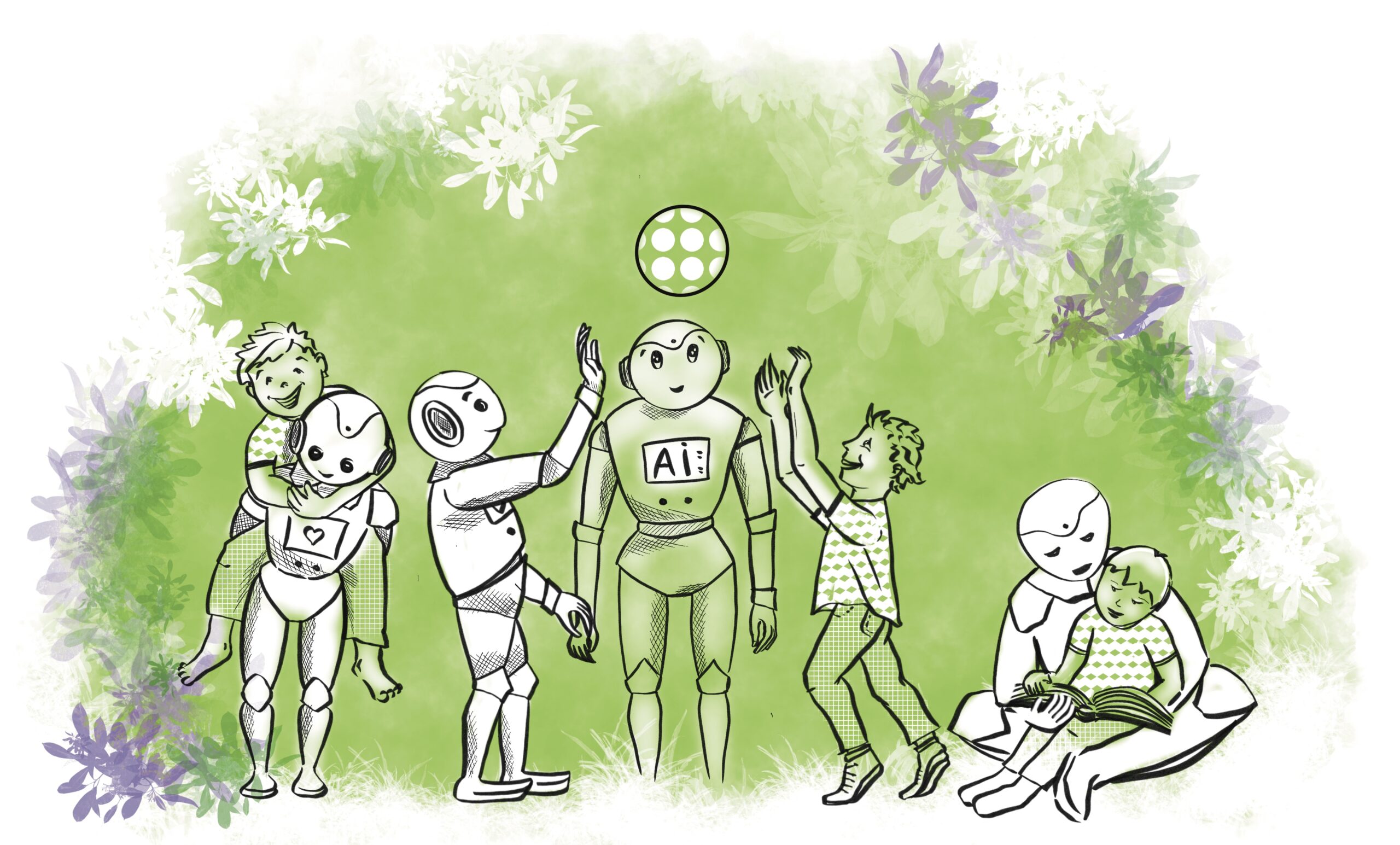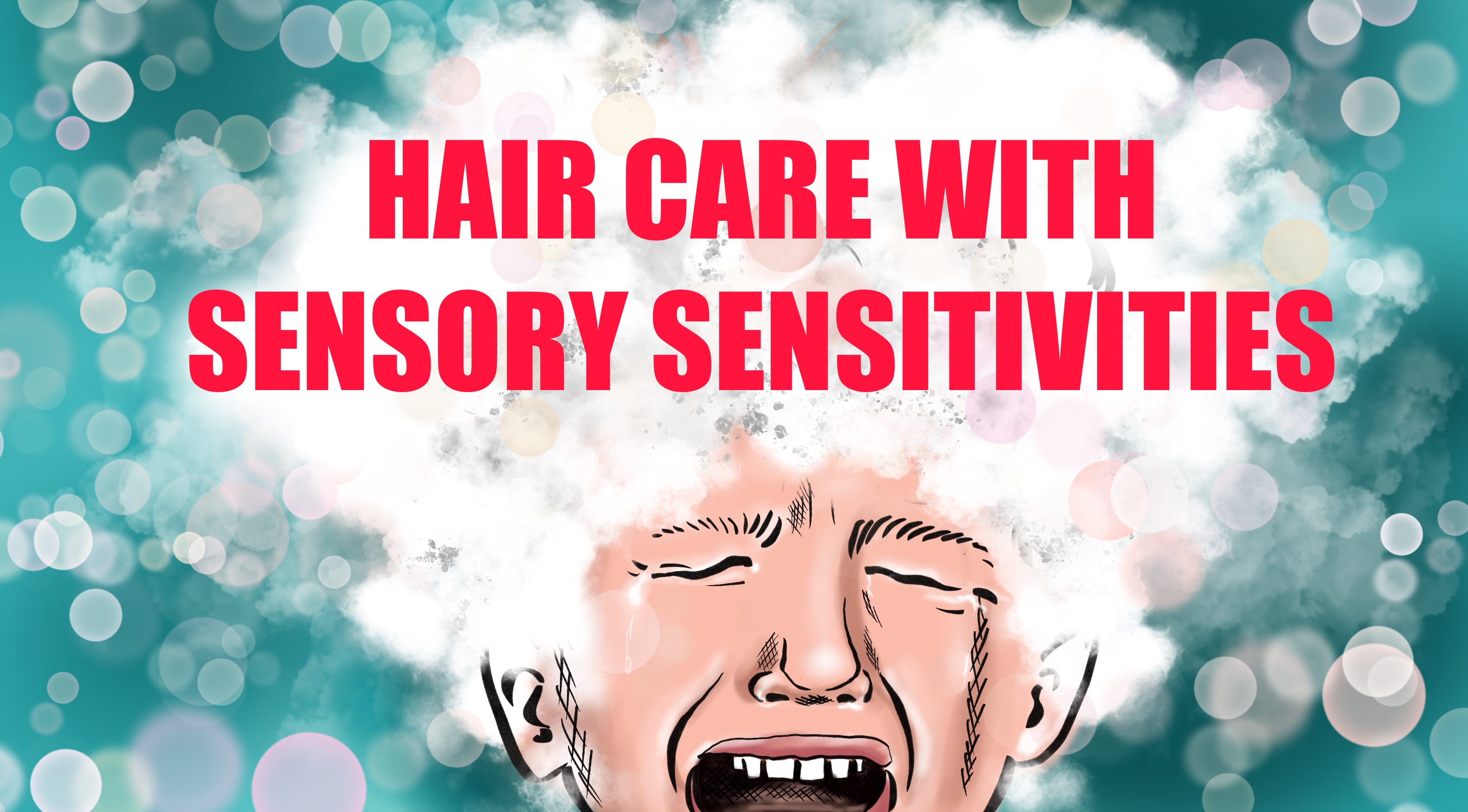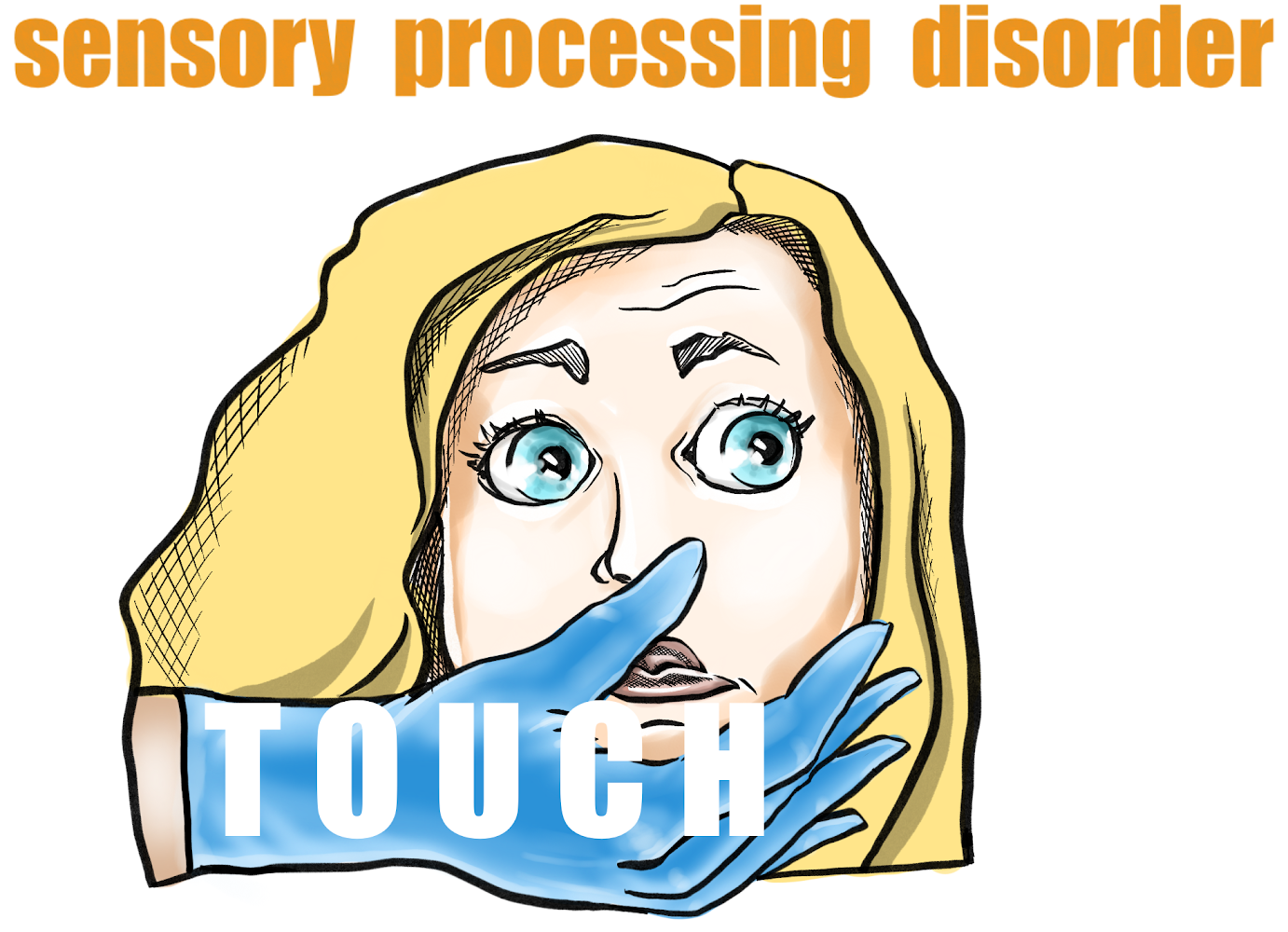Artificial Intelligence (AI) can greatly improve the lives of people with special needs.
Here are a few examples:
- Assistive Technology:
AI can help people with disabilities perform everyday tasks, such as typing, controlling devices, and communicating. For example, AI speech recognition can make it easier for people with speech difficulties to talk to others. - Better Accessibility:
AI can also help people with disabilities access information and resources more easily. For instance, AI text-to-speech and speech-to-text technology can help people with visual or hearing impairments understand digital content. - Personalized Support:
AI can offer personalized support, like helping children with autism improve their social and communication skills through AI-powered virtual assistants and smart toys. - Improved Medical Care:
AI can assist with diagnosing and treating special needs individuals by analyzing medical images and helping doctors develop treatment plans. - Increased Independence:
AI can make daily tasks easier for people with special needs and help them live more independently. For example, AI home assistants can control lights, heating, and other appliances, making it easier for people with disabilities to manage their homes.
It’s important to remember that AI should assist human care and support, not replace it. And, when creating AI solutions for special needs individuals, privacy and ethical considerations must always be a priority.







